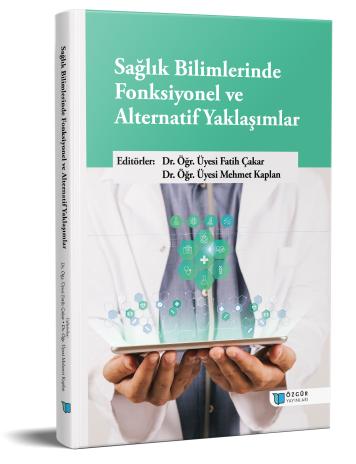
Functional Approaches in Post-pandemic Public Health Strategies
Chapter from the book:
Çakar,
F.
&
Kaplan,
M.
(eds.)
2025.
Functional and Alternative Approaches in Health Sciences.
Synopsis
The COVID-19 pandemic has seriously tested the resilience and response capacity of global health systems, highlighting the need for new strategic approaches in public health. The pandemic process has revealed significant weaknesses in fundamental public health elements such as infectious disease control, access to health services, health communication, and community participation. This study aims to examine strategic approaches to improving the functionality of public health policies in the post-pandemic period within an interdisciplinary framework.
The pandemic process has revealed the shortcomings of immunity-focused policies and potential areas for improvement. For example, issues such as inequalities in vaccine distribution, misinformation, and vaccine hesitancy or refusal have limited the effectiveness of these policies. Furthermore, the negative effects of chronic diseases on the immune system and the role of social determinants have demonstrated the need for multifaceted approaches in public health interventions.
In post-pandemic public health strategies, community-based education and awareness programmes should be considered not merely as a supporting element, but as a strategic necessity. These programmes, which positively change individuals' health behaviours, build resilience and strengthen their interaction with the system, ensure the sustainability of public health in normal times as well as in times of crisis. In this context, a strong network of cooperation should be established between health professionals, local governments, educational institutions and media organisations, and educational strategies should be made dynamic, accessible and culturally sensitive.

